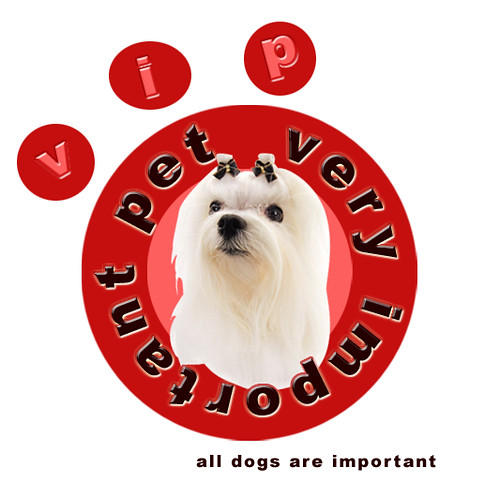If you have more than one dog and they don’t get along well, they are most likely experiencing canine rivalry. They may start by growling and snapping at each other, but if you don’t take care of it early on, the activity will escalate into actual fighting which could seriously harm one or both of them. It’s a good idea to pay attention as your animals get acquainted with one another. There is usually a posturing demeanour that leads up to a full-blown fight. Males fight other males more often than other gender combinations.
Rivalry stems from the basic pack instinct that we looked at earlier. Pack members vie for their positions or pecking order within it. The dominant/ subservient system is in place for a reason. It serves to establish order, cut down on conflicts, and create an atmosphere of cooperation and camaraderie. In the wild, the dominant or alpha dog controls the food, mating, and the location of their dens. In the home the dog will seek control over food, toys, beds, and attention from you. If you have conflicts between dogs in your home, it means that the dominant position has still yet to be determined. You are, or should be, pack leader. The dogs within the pack however, may be struggling with which dog will dominate and which one will be subservient.
If you can’t control the fighting then you need to consult with a professional. If you leave the situation as is, it’s only a matter of time before you, a family member, or the dogs are seriously injured. Some precautions that will help are to have all of your dogs spayed or neutered. Trying to punish them won’t help the problem, and may actually cause the fighting to escalate since you’d be inflicting your own anger on them. Don’t despair; with the help of your vet or an animal behaviour expert, you should be able to live in peace and harmony with your dogs.
Some possible causes of canine rivalry are:
The humans treat both dogs the same, not taking into account the roles the dogs have established for themselves
The humans interfere with the dominant dog’s control of certain things such as toys or where each one sleeps
Humans deny the dogs their non-aggressive dominant and subordinate signals and behaviours
Bringing a new animal home
An animal who has been part of the household dies or goes to another home
A pet who has been gone for a while comes back to the family or home
A puppy becomes sexually mature
The dominant dog becomes to old to maintain his position in the pack
If you aren’t a dog behaviourist, be sure to find outside help. If you try to fix the problem using inappropriate methods, you will only make the situation worse.
6/19/09
Subscribe to:
Post Comments (Atom)

No comments:
Post a Comment